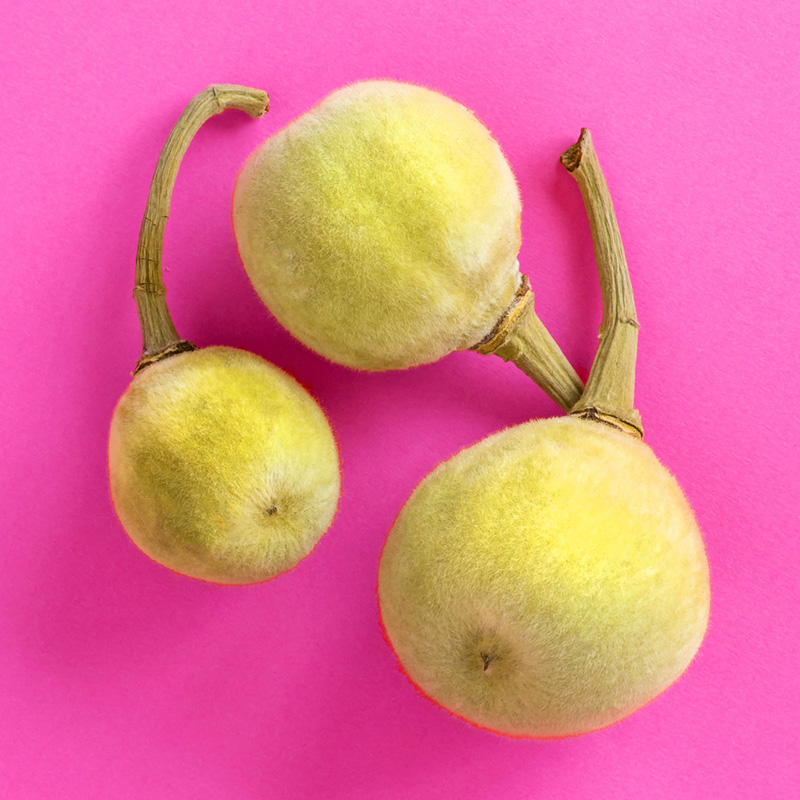Baobab, the Tree of Life
Known as the “tree of life”, the Baobab holds a special status and role in the traditions and livelihoods of communities across Africa. They are recognizable by their distinctive swollen stems which store massive amounts of water to cope with seasonal droughts.
The tree’s fruits are large pods that produce a dry fruit pulp that is highly nutritious. Baobab Fruit consistently beats all the other “superfruits” such as acai, goji, blueberries, chia seeds and pomegranates across a wide range of important nutritional categories. These include Antioxidants, Fiber, Vitamin C, Potassium, Magnesium and Calcium.
The many benefits of the Baobab fruit
A Unique Adaptogen
Adaptogens are natural substances that decrease the levels of stress and fatigue, and increase the ability of the human body to react and adapt to stressors. Baobab’s unique combination of vitamins and minerals make it a highly effective adaptogen.
Prebiotic Gut Health
Baobab Fruit Powder is composed of 50% Dietary Fiber, 75% of which is soluble Prebiotic Dietary Fiber. Its effectiveness as a prebiotic has been proven both in research and its traditional use in Africa. Researchers have discovered that Baobab Fruit Powder has a positive prebiotic effect on key groups of probiotic gut flora.
Diabetes & Glycemic Index
The lower the Glycemic Index (GI) of a food, the slower the rise in blood glucose levels will be when the food is consumed. Research has demonstrated that consuming Baobab helps regulate blood sugar. This is particularly good news for those with Type 2 Diabetes. Baobab is rich in soluble dietary fiber which slows down the rise in blood glucose, helping prevent sugar spikes. It is also high in polyphenols which have been shown to effect the release of sugars from carbohydrates into the blood stream, reducing their conversion into glucose.
Sustainability and Fair Trade
We are committed to socially responsible and sustainable production of baobab. Through supply chains that support local harvesting cooperatives and with investments that empower rural communities, we help create positive social impacts.
Most of the very poorest people live in the driest parts of Africa, which also happens to be where Baobab grows. That is why a market for Baobab products is so incredibly valuable to people living in these areas. In southern Africa, Baobab grows in very dry areas, with rainfall of as little as 500mm (19 inches) a year. It fruits in the middle of the dry season, when there is nothing else growing and very little in the way of other income earning opportunities for people. By selling Baobab, harvesters are able to pay for their children’s education and other essentials. That is why the Baobab trade is so important to people’s livelihoods.
Your purchase has power
Drinking UbU not only helps you be your best every day, but also helps communities that need it most.


